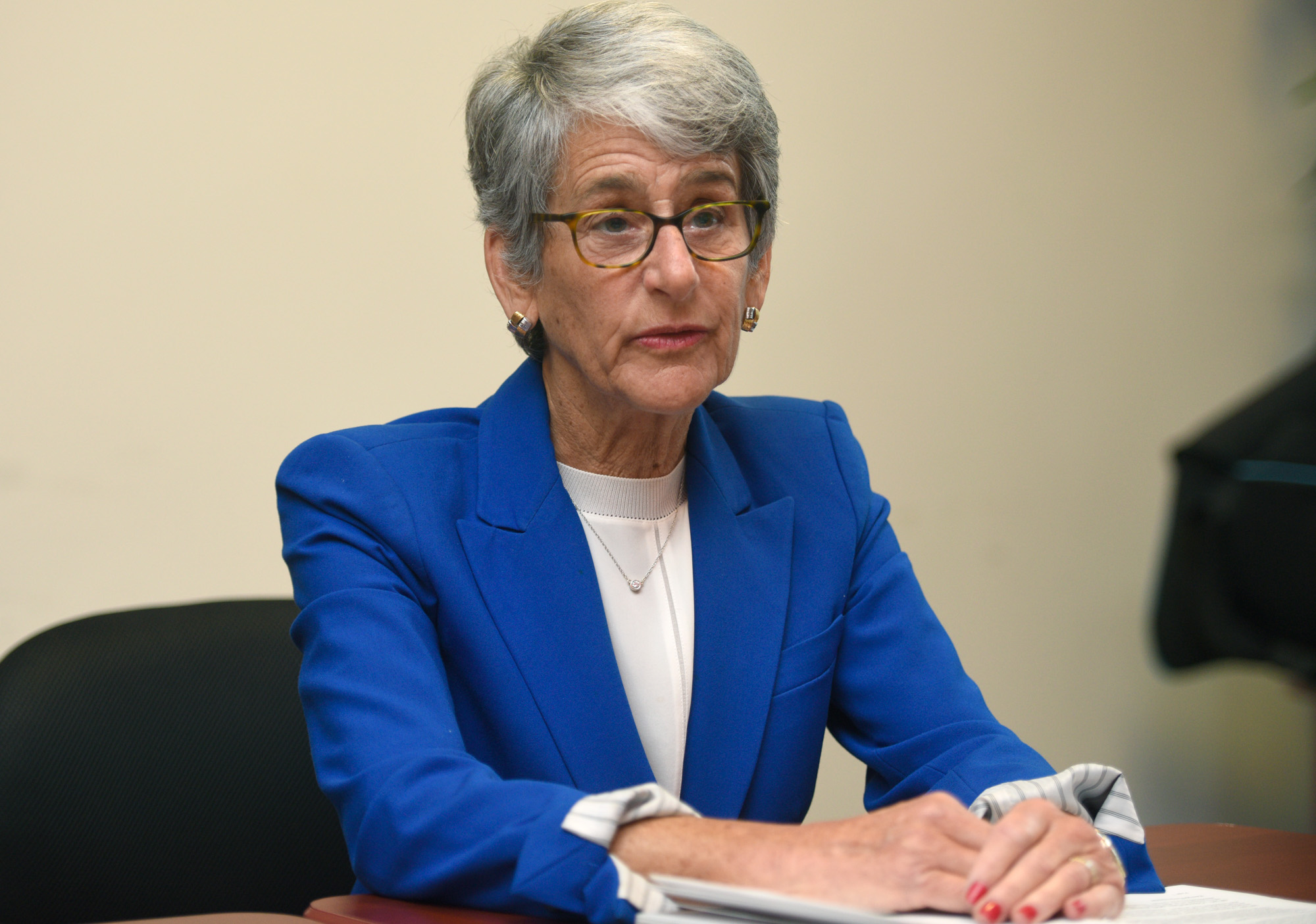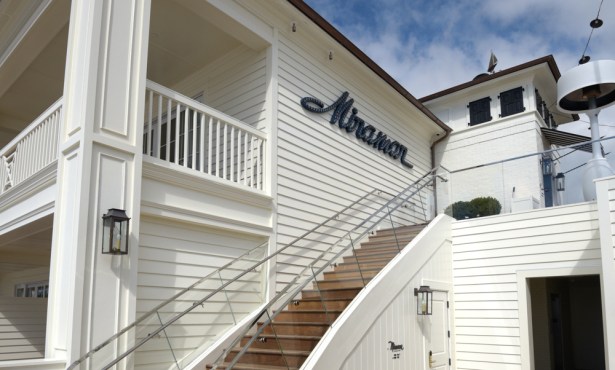‘Just Pay Your Damn Workers’
Assembly Bill 5 Pushes Back for Forced Independent Contractors

“Something is wrong when an individual can’t support a family by working a 40-hour work week,” said State Senator Hannah-Beth Jackson, explaining her vote on September 10 for Assembly Bill 5, which defines the difference between employees and independent contractors. “This is not perfect, but it heads us in the right direction,” she said. “This will pull the pendulum back from a place where workers are exploited and don’t get the protections they deserve.”
AB 5 is currently in the “engrossing and enrolling” stage, a behind-the-scenes process that proofs, verifies amendment language, and sends to the governor a California bill that has passed both the Assembly and Senate. With heavy lobbying throughout the State Capitol from various industries, the newspaper industry among them, the bill met amendments at each committee it passed through. Governor Gavin Newsom has indicated he favors the legislation. [News reports state he signed it today.] Jackson pointed out that AB5 sets into law, and makes exemptions, after a California Supreme Court ruling in a case brought by delivery drivers challenging their employer-required independent contractor status.
The resulting bill maintains the historic independent contractor status of licensed professions like doctors and lawyers. It also identifies parameters for “professional service” contractors that include the ability to set rates and hours for travel agents, graphic designers, fine artists, aestheticians, and more. Of importance to the newspaper industry, it defines as freelancers those who meet those parameters and contribute no more than 35 articles or photographs per year to an individual publication.
The bill itself declares an intent to “ensure workers who are currently exploited by being misclassified as independent contractors instead of recognized as employees have the basic rights and protections they deserve under the law, including a minimum wage, workers’ compensation if they are injured on the job, unemployment insurance, paid sick leave, and paid family leave.”
Jim Cordes, a wage and hour attorney in Santa Barbara, called AB5 the most important worker protection law in years. While lobbying exempted certain industries, he acknowledged, the bill is meant to protect more vulnerable workers, those whose hours don’t even amount to minimum wage after tools – such as the costs of automobile, gas, maintenance, and insurance –and losses such as workers compensation and health care are calculated. “Companies like Uber and Lyft transfer the cost of business to workers,” he said.
Amid the fallout from passage of the bill is a promise of $90 million from Uber, Lyft, and DoorDash to fund a ballot initiative exempting their drivers in exchange for some form of benefits, earnings guarantees, and collective bargaining. In response, bill author Assemblymember Lorena Gonzalez (D-S.D.) tweeted: “Billionaires who say they can’t pay minimum wages to their workers say they will spend tens of millions to avoid labor laws. Just pay your damn workers.”



